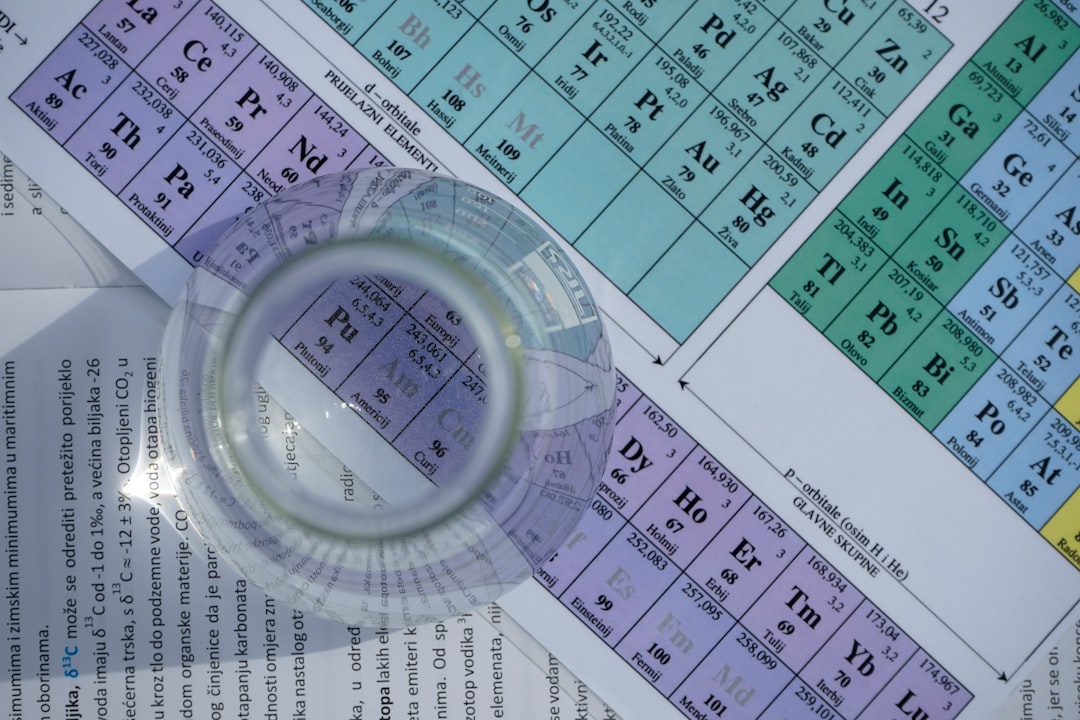What is it about?
Phages are the viruses of bacterial hosts. In the arms race between them, diverse defense systems have been evolved by the hosts to destroy the invading phages, among which CRISPR-Cas system is famous due to its broad application in gene editing. To survive, phages have evolved anti-CRISPR proteins to prevent the cleavage of their genomes by CRISPR-Cas systems. This article elucidates the mechanism of one anti-CRISPR protein named AcrIIC4, which can inhibit Cas9 cleavage. In this study, we captured a series of snapshots of Cas9 in the presence or absence of AcrIIC4 and uncovered its action mechanism using biophysical and biochemical methods. Without AcrIIC4, Cas9 formed surveillance complex with CRISPR-RNA, which can recognize the DNA from phages and break it down to fragments. During this process, Cas9 movement and formation of a structure named R-loop are essential. In contrast, in the presence of AcrIIC4, AcrIIC4 will lock one part of Cas9 protein responsible for DNA recognition, preventing R-loop formation. As a result, Cas9 cannot cleave the phage DNA anymore.
Featured Image

Photo by CDC on Unsplash
Why is it important?
Phages are the most abundant entity on the earth. Understanding the relationship between phages and their hosts is valuable for the maintenance of a healthy ecosystem. Moreover, Cas9 is the sharpest scissor for gene-editing application, and anti-CRISPR proteins like AcrIIC4 hold the potential to be developed as regulation tools of Cas9. The elucidation of the molecular mechanism of AcrIIC4 will enrich the toolkits of genome editing.
Perspectives
Phages are the simplest life forms, however, they are smart as a population. For this project, we were surprised when we found the binding sites of AcrIIC4 on Cas9. Theoretically, anti-CRISPRs proteins may adopt every possible strategy to inhibit the cleavage activity of Cas proteins, due to the frequent mutation and gene transfer of phage genes. Evolution is so powerful.
Yanli Wang
Institute of Biophysics, Chinese Academy of Sciences
Read the Original
This page is a summary of: AcrIIC4 inhibits type II-C Cas9 by preventing R-loop formation, Proceedings of the National Academy of Sciences, July 2023, Proceedings of the National Academy of Sciences,
DOI: 10.1073/pnas.2303675120.
You can read the full text:
Contributors
The following have contributed to this page










